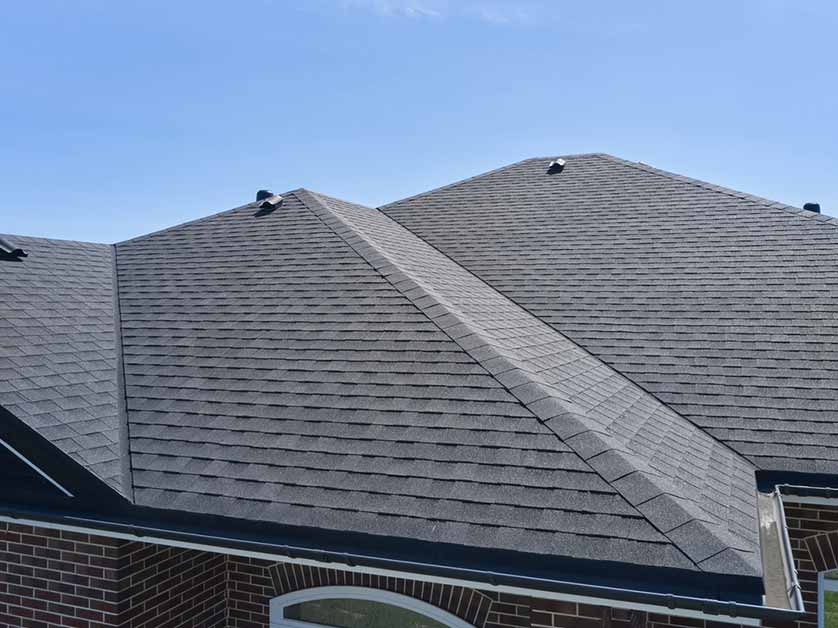A roof warranty is a valuable layer of protection that safeguards your investment and provides long-term peace of mind. It ensures that if something goes wrong—whether due to material defects, installation errors, or premature system failure—you are not left to cover the costs on your own. In most roofing projects, homeowners receive two separate warranties: a manufacturer (material) warranty and a contractor (workmanship) warranty. Understanding how each one works, what they cover, and where their limitations lie is essential before signing a contract or beginning any roofing installation.
A material warranty is provided by the manufacturer and protects against factory defects or premature deterioration of the roofing products. This may include issues like cracking, blistering, granule loss, curling, corrosion, or other failures that occur earlier than the material’s expected lifespan. While these warranties can sometimes extend 25, 30, 40 years or even a “lifetime,” they typically cover only the material itself—not the labor to fix the problem—and they do not apply if the product fails due to improper installation. For that reason, a material warranty alone is not enough to guarantee full protection.
“A strong roofing warranty protects your investment by covering materials, workmanship, and long-term performance.”

This is why the workmanship warranty from your roofing contractor is equally important. A workmanship warranty covers installation-related problems such as leaks, poor flashing work, improper fastening, inadequate ventilation, or other mistakes made during the roofing process. A reputable roofing company will offer a strong workmanship warranty and stand behind their labor, making necessary repairs at no cost to the homeowner during the warranty period. The length of workmanship warranties varies widely—some contractors offer 1–5 years, while top-tier professionals may offer 10, 15, or even lifetime workmanship coverage.
Together, these two warranties work as a complete protection system. By choosing a contractor with a proven reputation, transparent warranty terms, and certification from major manufacturers, homeowners can ensure their roof is fully protected—both in product quality and in the workmanship behind it. Asking questions, reviewing written warranty details, and understanding what is included (and excluded) will help you make a confident decision and avoid surprises later on.


